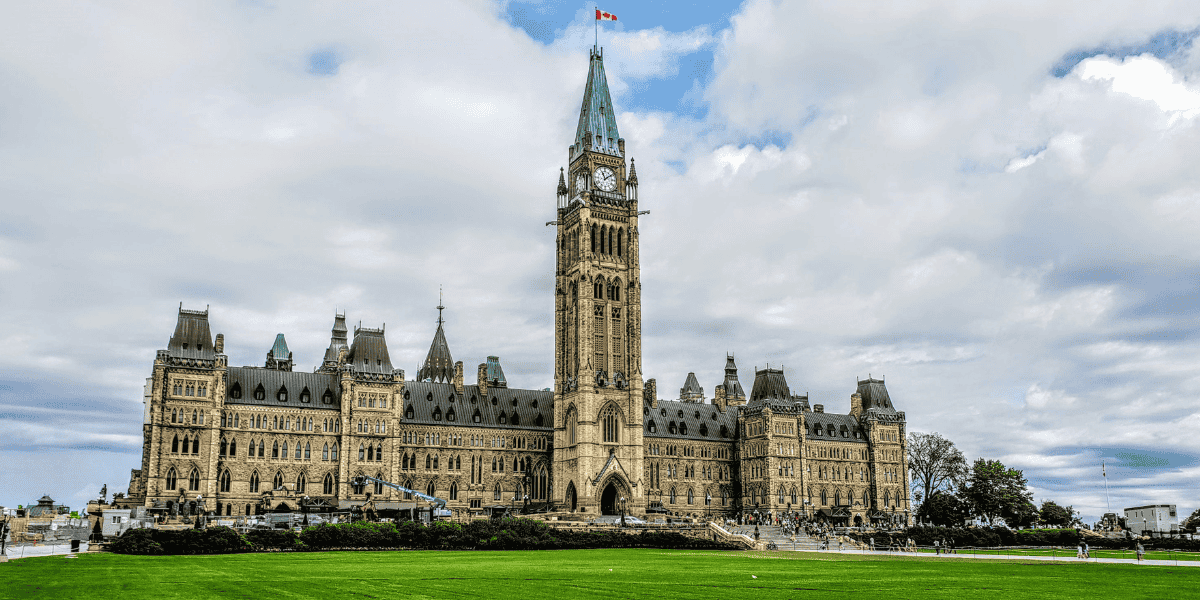The Government is working to build a fairer and more efficient tax system that benefits all Canadians. As one of its first actions, the Government raised taxes on the wealthiest one per cent in order to cut taxes for the middle class. The Government supports Canada’s small businesses and continues to support low business tax rates to better enable businesses to grow and create good jobs.
Prime Minister Justin Trudeau, Finance Minister Bill Morneau and Small Business and Tourism Minister Bardish Chagger announced on October 16, 2017, that the Government intends to reduce the small business tax rate to 10%. This 10% rate will be effective from January 1, 2018, and from January 1, 2019, the rate will be 9%.
Ministers Chagger and Morneau also announced the Government’s intention to make easy the proposal to limit the ability of owners of private corporations to lower their personal income taxes by sprinkling their income to family members who do not contribute to the business. The vast majority of private corporations will not be impacted by the proposed income sprinkling measures. Corporations with family members who meaningfully contribute to the business will not be impacted by the proposed measures on income sprinkling.
Again, Bill Morneau announced a threshold on passive investment income on October 18, 2017. The new threshold is $50,000 on passive income per year. That means, there would be no tax increase on passive investment income less than the threshold limit.
On October 16, 2017, Morneau announced that the income-sprinkling provisions would not affect the lifetime capital-gains exemption. Again, on October 19, 2017, he declared that the government will not be moving ahead with the draft bill on converting income into capital gains.











